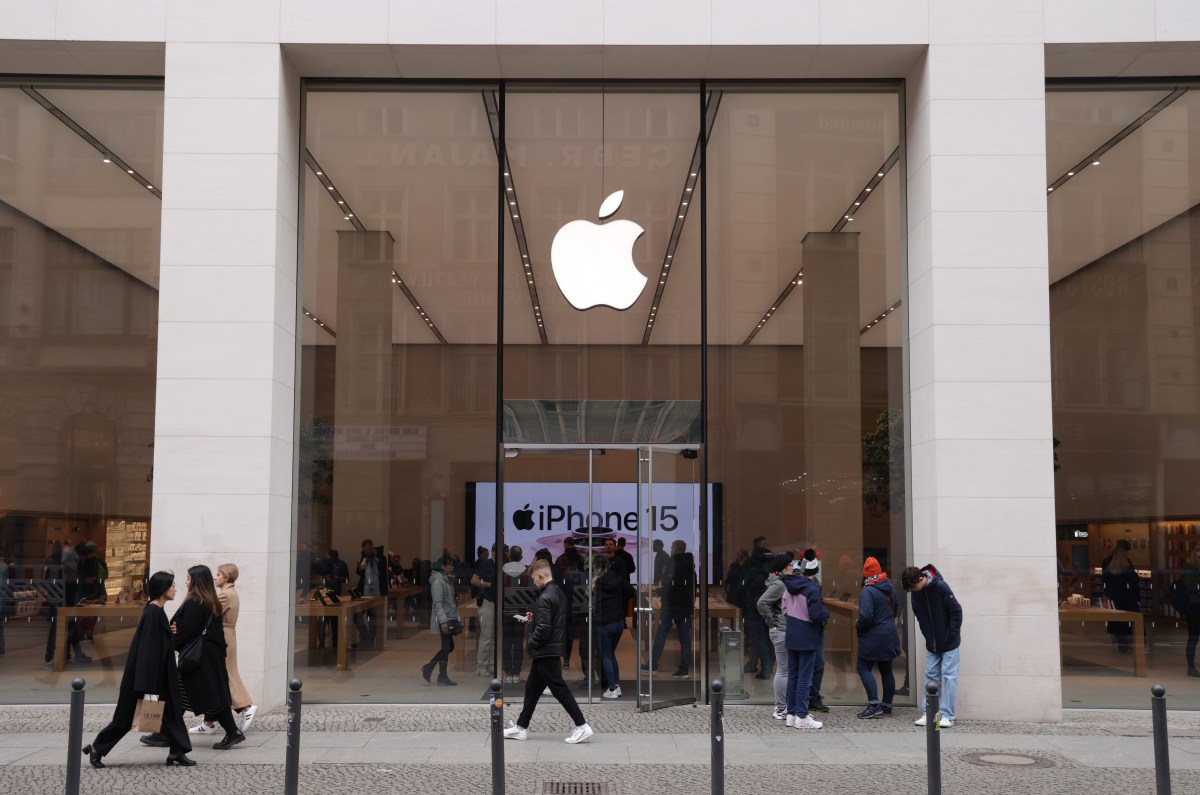A few months after opening a non-compliance case against Apple and the Digital Markets Act (DMA), the European Commission has shared its preliminary findings with Apple. And the bottom line is that the current App Store rules violate the DMA. Confirmed violations of the DMA can result in fines of up to 10% of global annual turnover.
“Do different” should be their new slogan,” EU Internal Market Commissioner Thierry Breton wrote on X. “For too long, Apple has squeezed out innovative companies and denied consumers new opportunities and choices.”
In this specific case, the European Commission believes that third-party developers should be able to inform customers free of charge about alternative purchasing options.
For example, developers who have released apps on the App Store are not allowed to advertise different prices or alternative distribution channels in their apps. Although Apple now allows developers to link to their site, the European Commission believes there are too many restrictions on this link-out mechanism.
Even if developers refer users to their websites and transact on their websites, they must report transactions to Apple and pay a commission. Apple only waives a 3% payment processing fee for internet purchases.
“Apple has made a number of changes to comply with the DMA in response to feedback from developers and the European Commission,” the company said in a statement. “We believe our plan is compliant with the law, and estimate that more than 99% of developers would pay the same or lower fees to Apple under the new business terms we have created.”
In addition to these preliminary findings, the European Commission is opening a third investigation into non-compliance with Apple’s new contract terms for EU developers. This time, the Commission will focus on Apple’s controversial Core Technology Fee (CTF) and alternative app marketplaces.
European developers can stick with the standard business terms or choose new business terms that allow them to distribute their apps outside the App Store. However, these new conditions lead to a fee of €0.50 per installed app after one million downloads.
The company has already adjusted the CTF so that it does not apply to free non-commercial apps. There is also a three-year transition period for small developers who release a popular app and get more than a million downloads for the first time. But in the long run that doesn’t change much. With this new formal investigation, the EC will determine whether the CTF actually complies with the DMA.
If you’ve tried installing a third-party app store in the EU, such as the AltStore, Setapp Mobile, or Aptoide, you may have noticed that it requires quite a few taps. You will first receive an error message in your web browser. You’ll need to open the Settings app, accept app installations from this site, go back to your web browser, download the alternative store again, and accept pop-ups about the risks associated with a third-party app store. The EC will investigate this ‘multi-step user journey’ and its compliance with the DMA rules.
“We are concerned that Apple has designed its new business model to discourage app developers and end users from taking advantage of the opportunities offered by the DMA,” Margrethe Vestager, the Commission’s EVP responsible for competition policy, said in a statement. speech.
“The letter of the DMA is clear: gatekeepers must allow alternative app stores to establish themselves on their platforms; and that consumers are fully informed about the offers available to them. So they can freely choose where to buy their apps, and on what terms,” she added.
Regarding today’s preliminary findings, Apple can now respond in writing to the European Commission. The final decision comes a year after the opening of the formal investigation, meaning Apple can negotiate with the EU and readjust its business terms to avoid a hefty fine.
